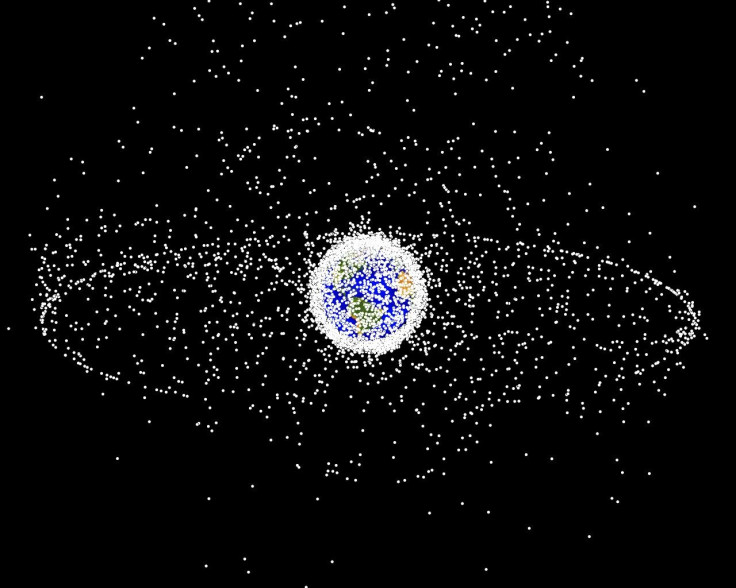Space junk could increase catastrophic collisions by 50% warn scientists
Concerns have increased over the growth in space debris especially from private space explorers.

Space junk from various obsolete satellites if not dealt with soon could increase catastrophic collisions in our galaxy, scientists have warned.
A team of scientists from Southampton University led by Dr Hugh Lewis, senior lecturer in aerospace engineering, performed a 200-year simulation to predict possible consequences of such a rise in orbital traffic. A supercomputer that was fed all of the information concluded that mega-constellation satellites boost the risks of a catastrophic collision by almost 50%.
The team proposes that players who own and launch these satellites should dispose of old ones within five years.
"Junk is dangerous. While some will de-orbit naturally after 5-10 years, some will drift indefinitely. Disposal isn't easy either - even to get a ship into orbit is very costly, and then there's the issue of securing the junk in space before you can even consider getting rid of it," Dr Lewis told Sputnik News.
Concerns have increased over the growth in space debris, especially from private space explorers who have launched scores of communications satellites and plan to launch hundreds more in future. In particular, technologies like nano satellites that include the famous CubeSats (a type of miniature satellite for space research) are a grave concern.
As of now, there are nearly 1,300 working satellites in orbit. But the number will significantly bump up as private players like SpaceX, Boeing and more launch their satellites in the coming years. OneWeb, which hopes to launch in 2018 has planned 648 satellites, while Boeing plans a 2,900-satellite fleet. Elon Musk-led SpaceX plans a 4,000-strong swarm of satellites.
© Copyright IBTimes 2025. All rights reserved.





















